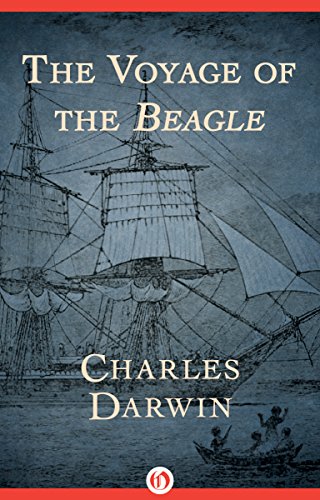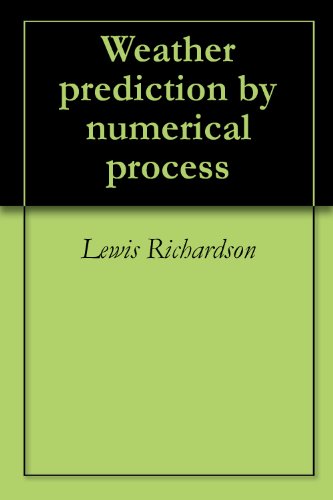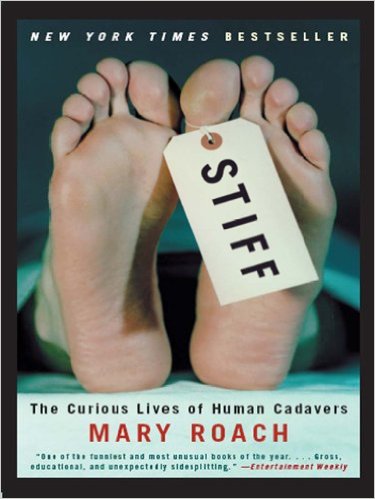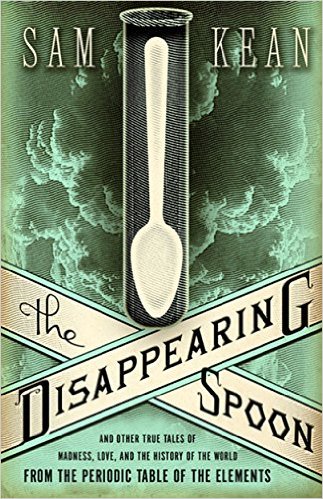Bill Streever's 6 favorite books about science
These books turn science from "boring" to "gripping"

A free daily email with the biggest news stories of the day – and the best features from TheWeek.com
You are now subscribed
Your newsletter sign-up was successful
The Voyage of the Beagle by Charles Darwin (Modern Library, $13).

Written well before The Origin of Species, Darwin's narrative account of his landmark voyage to the Galápagos Islands conveys not only the excitement of observing and thinking about nature, but also a sense of shipboard life in the 1830s.
Weather Prediction by Numerical Process by Lewis Fry Richardson (Forgotten Books, $13).
The Week
Escape your echo chamber. Get the facts behind the news, plus analysis from multiple perspectives.

Sign up for The Week's Free Newsletters
From our morning news briefing to a weekly Good News Newsletter, get the best of The Week delivered directly to your inbox.
From our morning news briefing to a weekly Good News Newsletter, get the best of The Week delivered directly to your inbox.

Here's a book filled with equations and unbearably tedious details, but also with scattered passages of unforgettable prose. It's a firsthand account of the very beginnings of modern weather forecasting, and Richardson did a good share of his research while serving as a World War I ambulance driver near the front lines in France.
Silent Spring by Rachel Carson (Houghton Mifflin Harcourt, $15).

Books about science can contribute to important social and political change. This one, published in 1962, challenged pesticide use. Today Carson's enormously influential study reminds us how bad things were before her book helped prompt the environmental regulations we depend upon today.
Stiff by Mary Roach (Norton $16).
A free daily email with the biggest news stories of the day – and the best features from TheWeek.com

Few readers would have listed human cadavers among their top 10 interests before Mary Roach explored the topic in a book that combines interviews, site visits, and humor. After Stiff's 2003 publication, the science of the dead suddenly showed up in cocktail-party conversation.
The Control of Nature by John McPhee (Farrar, Straus, & Giroux, $16).

Those who read McPhee's science books may not even realize they are reading about science, yet they invariably walk away with a deeper understanding of technical concepts and of the inner workings of our sometimes mysterious world. In this 1989 book, they learn about collective human efforts to tame flooding and other natural processes.
The Disappearing Spoon by Sam Kean (Back Bay, $17).

Often, important and interesting science is branded with one word, in capital letters: BORING. Take, for example, the periodic table, an apparently complicated map of the elements. Sam Kean's tour of those elements, and of the people who discovered and exploited them, turns boring into gripping.
— Biologist Bill Streever is the author of the bestseller Cold, its 2013 follow-up, Heat, and now And Soon I Heard a Roaring Wind, a natural history of moving air.
-
 Political cartoons for February 14
Political cartoons for February 14Cartoons Saturday's political cartoons include a Valentine's grift, Hillary on the hook, and more
-
 Tourangelle-style pork with prunes recipe
Tourangelle-style pork with prunes recipeThe Week Recommends This traditional, rustic dish is a French classic
-
 The Epstein files: glimpses of a deeply disturbing world
The Epstein files: glimpses of a deeply disturbing worldIn the Spotlight Trove of released documents paint a picture of depravity and privilege in which men hold the cards, and women are powerless or peripheral